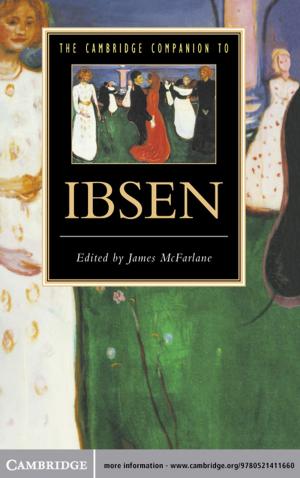Assembling Early Christianity
Trade, Networks, and the Letters of Dionysios of Corinth
Nonfiction, Religion & Spirituality, Christianity, Church, History| Author: | Cavan W. Concannon | ISBN: | 9781108302906 |
| Publisher: | Cambridge University Press | Publication: | September 7, 2017 |
| Imprint: | Cambridge University Press | Language: | English |
| Author: | Cavan W. Concannon |
| ISBN: | 9781108302906 |
| Publisher: | Cambridge University Press |
| Publication: | September 7, 2017 |
| Imprint: | Cambridge University Press |
| Language: | English |
In this book, Cavan W. Concannon explores the growth and development of Christianity in the second century. He focuses on Dionysios of Corinth, an early Christian bishop who worked to build a network of churches along trade routes in the eastern Mediterranean. Using archaeological evidence, and analysing Dionysios' fragmentary letter collection, Concannon shows how various networks and collectives assembled together, and how various Christianities emerged and coexisted as a result of tenuous and shifting networks. Dionysios' story also overlaps with key early Christian debates, notably issues of celibacy, marriage, re-admission of sinners, Roman persecution, and the economic and political interdependence of churches, which are also explored in this study. Concannon's volume thus offers new insights into a fluid, emergent Christianity at a pivotal moment of its evolution.
In this book, Cavan W. Concannon explores the growth and development of Christianity in the second century. He focuses on Dionysios of Corinth, an early Christian bishop who worked to build a network of churches along trade routes in the eastern Mediterranean. Using archaeological evidence, and analysing Dionysios' fragmentary letter collection, Concannon shows how various networks and collectives assembled together, and how various Christianities emerged and coexisted as a result of tenuous and shifting networks. Dionysios' story also overlaps with key early Christian debates, notably issues of celibacy, marriage, re-admission of sinners, Roman persecution, and the economic and political interdependence of churches, which are also explored in this study. Concannon's volume thus offers new insights into a fluid, emergent Christianity at a pivotal moment of its evolution.















